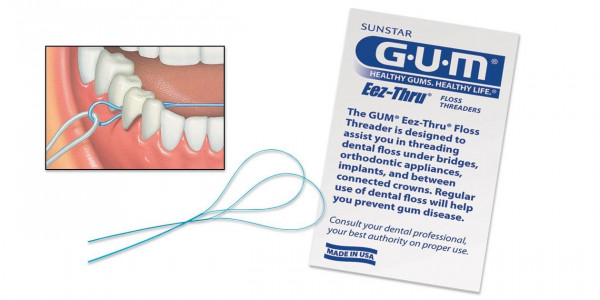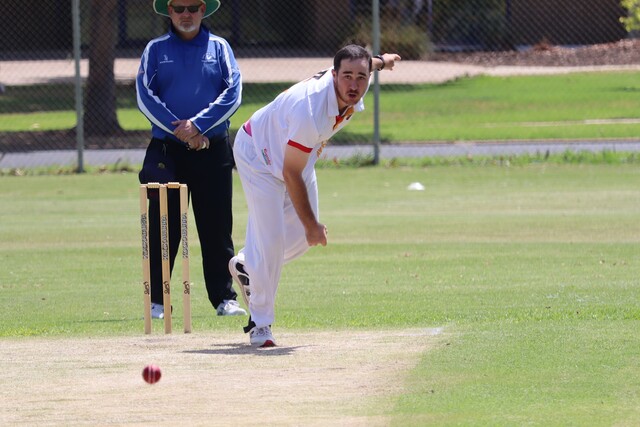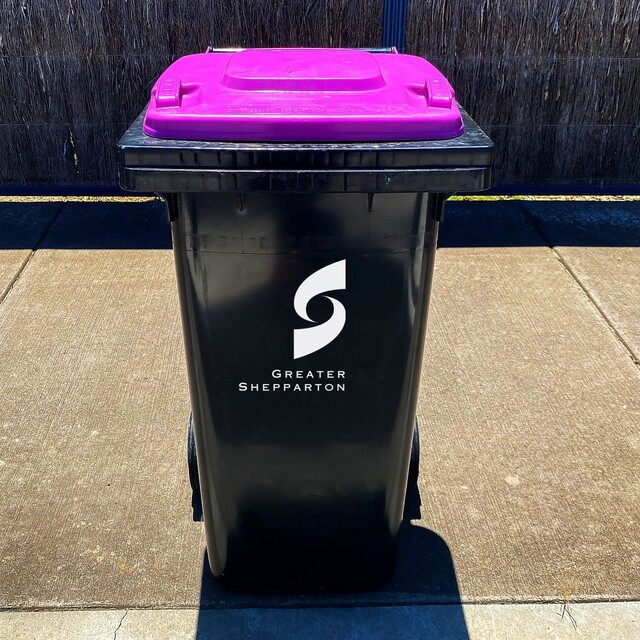IT is becoming more prevalent for young adults (18-25 years) who have had orthodontic treatment during their teenage years to be fitted with permanent fixed lingual retention wires.
Bonded lingual retainers strive to avoid post-orthodontic treatment relapse.
Kerang Dental Surgery’s Dr Behrooz Fateh said research had shown that young adults with bonded retainers find it more difficult to properly brush and floss their teeth.
“Therefore, the placement of lingual retainers for long periods of time might promote the accumulation of calculus, increased probing depth and marginal recession,” he said.
“Calculus formation can be attributed to the accumulation of microbial colonies in the retentive regions of the retainer.
“The calculus accumulation can then spread to the free gingiva and cause gum disease.
“Calculus accumulation has also been found to significantly cause recession.
“It has been hypothesized that increased probing is attributed to the long-term irritation of soft tissue caused by the retainer.”
Dr Fateh said there were a number of things to do, including the proper flossing of teeth daily with a floss threader to get underneath the retainer.
“Employ interdental cleaning aids such as ultrasonic flosser or proxy brush as part of the oral hygiene regiment, and schedule frequent dental cleaning visits.”
















